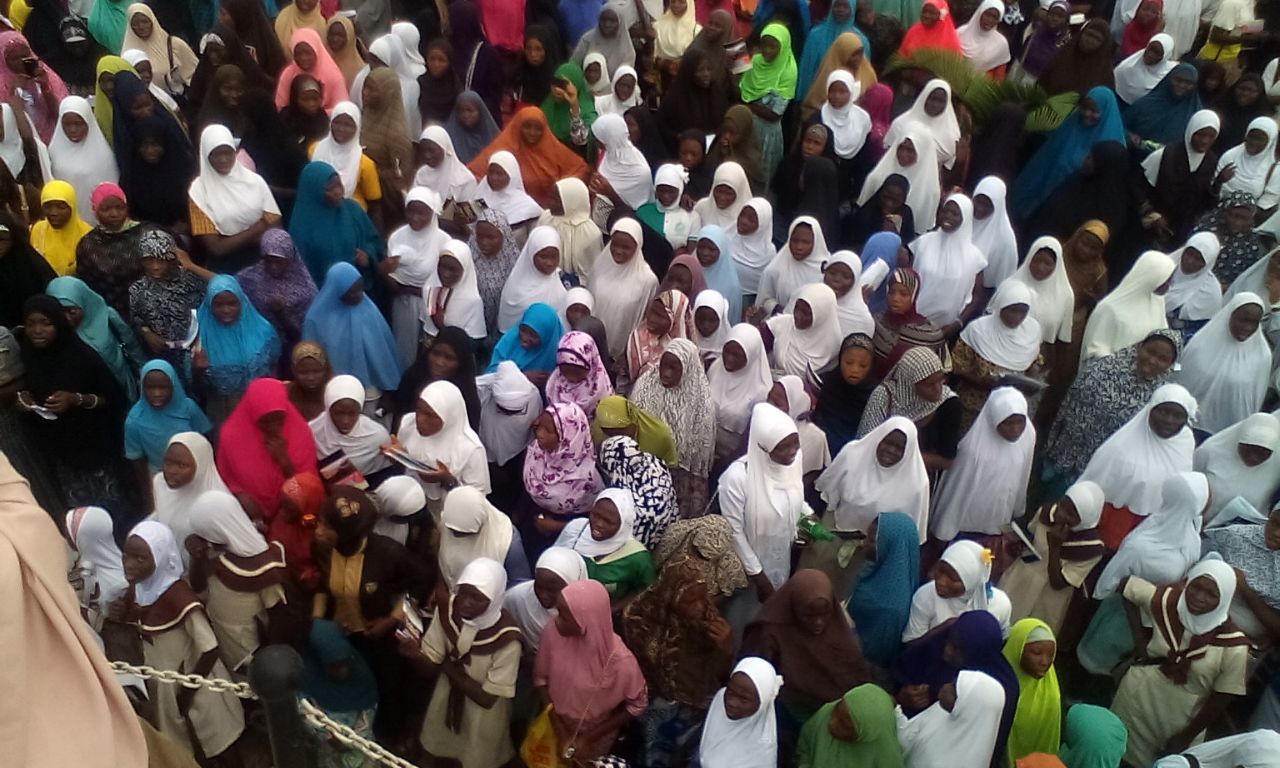The World Bank says Nigeria’s online collateral registry, set up by the central bank (CBN) is capable of saving the country’s estimated 37 million micro, small, and medium-size enterprises (MSMEs) in need of capital.
The global financial institution emphasized how much these MSMEs can contribute to economic growth and job creation in the country.
The bank said “many of these smaller businesses struggle to gain access to the capital they need to grow and prosper since they lack traditional collateral such as land and buildings”.
The bank went on to say “the registry will allow low-income people and small-scale entrepreneurs to secure loans against movable assets such as machinery, livestock, and inventory”.
Advertisement
“This is a major achievement to help improve access to finance for MSMEs and more broadly the financial inclusion agenda in Nigeria,” said Sebastian Molineus, director of the World Bank Group’s finance and markets global practice.
In smaller countries, such as Ghana and Liberia, collateral registries established with the support of the World Bank Group have already proven to have a catalytic effect on the economies.
“In Ghana, the collateral registry has facilitated $1.3 billion in financing for the small-scale business sector since it was established in 2010, and $12 billion in total financing for the business sector using movable assets as collateral. We are very excited that a registry is now also in place in Nigeria,” said Elsa Rodriguez, the Bank Group’s project lead.
Advertisement
The Registry, which operationalizes the Central Bank of Nigeria’s “Regulations on Registration of Security Interests in Movable Property by Banks and other Financial Institutions,” is a web-based system that allows lenders to determine any prior security interests, as well as to register security interests over movable assets provided as collateral.
“The benefits of the collateral registry include enabling businesses to leverage their assets to obtain credit for growth, improve assets liquidity especially short-term assets, and allow asset diversification as well as to reduce cost and promote prudent lending,” said Mainasara Muhammad, the Registrar of the National Collateral Registry.
A survey conducted by the project team shows that only 31% of MSMEs in Nigeria currently have a loan with a bank or a microfinance institution, and that personal savings and business income are the most important sources of capital for financing businesses.
At the same time, 82% of financial institutions surveyed said inadequate collateral is the most common challenge in granting loans.
Advertisement
“It took almost a year and a half to reach this milestone, and there have been quite a few challenges along the road. Persistence and patience are important in these types of projects,” said Alejandro Alvarez de la Campa, the Bank Group’s finance and markets practice manager for Sub-Saharan Africa.
The collateral registry was implemented in partnership with the Central Bank of Nigeria, and funded by the UK’s Department for International Development (DFID).
Add a comment







